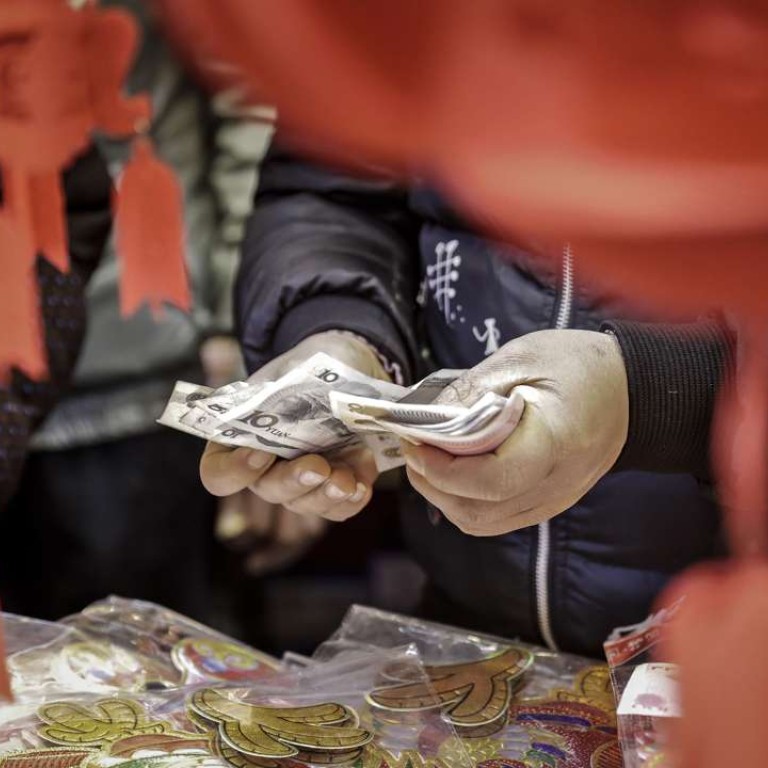
Chinese Peer-to-peer lender Ppdai.com plans US IPO, likely raising up to US$200m, report says
Ppdai.com, one of the mainland’s largest online lending platforms, is reportedly planning to raise US$200 million in a US initial public offering (IPO) ahead of Beijing’s tightened regulation on the peer-to-peer (P2P) lending sector.
It would become the second mainland P2P firm to go public in the United States, following Yirendai.com’s US$75 million IPO in late 2015.
Reuters reported on Monday that the company aimed to list its shares in New York in the first half of 2017, citing unidentified sources.
A source close to Ppdai, formerly known as Shanghai Paipaidai Financial Information Service, said the company was well on its way to a US IPO with targeted proceeds of about US$200 million.
Ppdai wouldn’t comment on the fundraising plan.
Ppdai, founded in 2007, offers P2P unsecured loans, and has become popular as a way to help finance consumer electronics purchases and travel.
Market watchers said that scores of Chinese large-scale P2P operators including Ppdai would pass a strict review procedure by mainland authorities this year.
P2P lending, which resulted from China’s efforts to reform the financial system dominated by state-owned banks, has been mired in a slew of scandals amid runaway investment and fraud since late 2015.
Beijing will heighten requirements for P2P players, rolling out a series of rules such as appointment of a custodian, internal auditing and greater information disclosure. The intention of the heightened regulation is partly to shut down some firms that purport to be P2P lenders.
Typically, a P2P, or an information provider, acts as a matchmaker for borrowers and lenders.
only of
But dozens of unscrupulous players raised funds from depositors and then channelled the loans to corporate clients such as property developers.
In 2015, Beijing-based Ezubao was found to have defrauded more than 1 million investors of about 100 billion yuan.
Ppdai chief executive Cliff Zhang told Reuters in mid-2016 that it was advisable for mainland authorities to step up policing of the P2P businesses to prevent failures in an over-leveraged sector.
Since 2013 Beijing has looked towards financial technology (fintech) firms to help channel funding to small enterprises and support consumption by individuals.
Apart from Ppdai, other leading mainland P2P operators such as Dianrong and China Rapid Finance will also likely resort to the stock markets to raise capital to fund further growth.
“A tightened regulation is of benefit to the long-term development of fintech companies,” said Zane Wang Zhengyu, founder and chief executive of China Rapid Finance.
He added that 500 million mainlanders have financing requirements “that have yet to be met by the existing financial system”.

